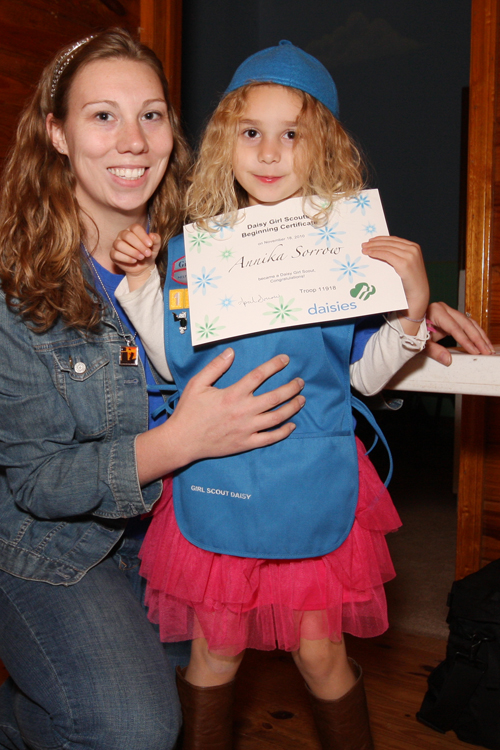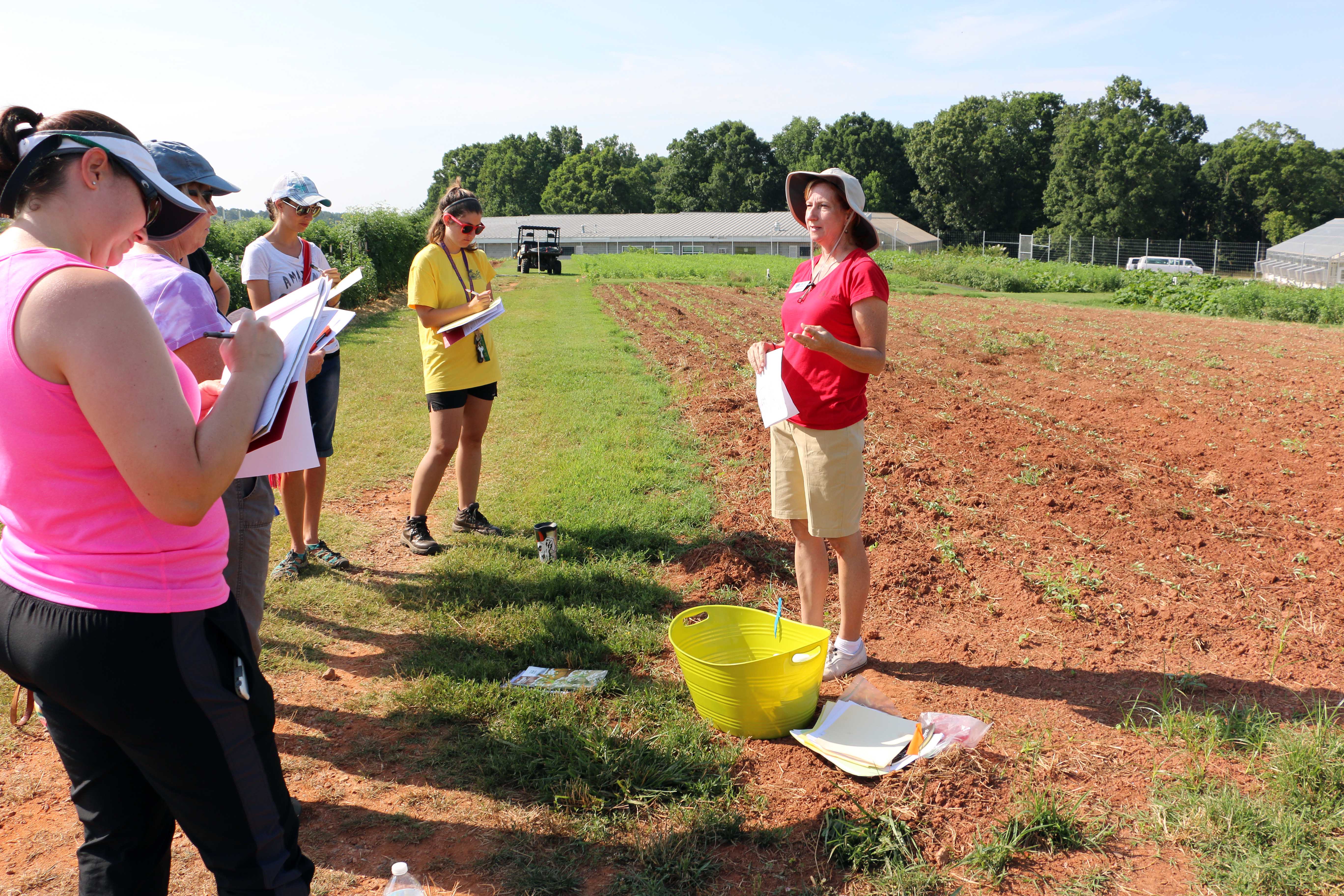Hustling your child from ballet recitals to T-ball games and scouting events to theatre rehearsal may not be the best way to raise a well-rounded child, says a University of Georgia child development specialist.
“The concern developmentally with overscheduling is young children through elementary school still learn a lot through play,” said Diane Bales, a child development specialist with UGA Cooperative Extension. “That unstructured time, the opportunity to make their own decisions and set their own rules, is very important. Kids who have a lot of [organized] activities have less of that free time.”
Playtime is learning time
“The perception adults have about play is it is something kids do when they aren’t doing something important,” she said. “Actually it is one of the most important things they do.”
Children learn best through active exploration, Bales said, “what we call play.” Children who don’t get enough time to play often have trouble making decisions when they get older.
In a 2007 report in Pediatrics titled “The Importance of Play in Promoting Healthy Child Development and Maintaining Strong Parent-Child Bonds,” researchers said that play contributes to the cognitive, physical, social and emotional well being of children and youth.
“Undirected play allows children to learn how to work in groups, to share, to negotiate, to resolve conflicts and to learn self-advocacy skills,” the report went on to say.
“We’re starting to see children who can’t play well,” Bales said. “They’re always wanting an adult to tell them what to do, when to do it and how to do it.”
According to Bales, children who play less are less creative as they get older and have trouble developing more complex problem-solving skills.
“Children who are given opportunities to play make decisions, choose an activity, plan and come up with creative solutions,” Bales said. “Those skills can be helpful later on when you have to make decisions and evaluate situations.”
Extracurricular activities?
The scheduled activities children participate in are valuable too, Bales said, but there needs to be a balance.
“There is no magical number; different families have different tolerances for busyness and so do children,” she said.
Stress levels tend to rise in families with children who participate in multiple extracurricular activities.
“Children perceive this stress,” she said. “There is a lot of research that children behave differently when there is stress in the family.”
Competitive sports may not be the best fit for small children and can add to the stress in the family.
“Very young children, under age 6 to 7, are not naturally competitive. They don’t have the drive to compete,” Bales said. “When adults are pushing too hard for them to be competitive it can add a lot of stress to the situation.”
If children are unhappy with the number of activities they are involved with, consider taking a break. Choose some activities that aren’t structured or that don’t adhere to a strict set of rules. Consider art classes over piano or a mix of scouting with soccer.










